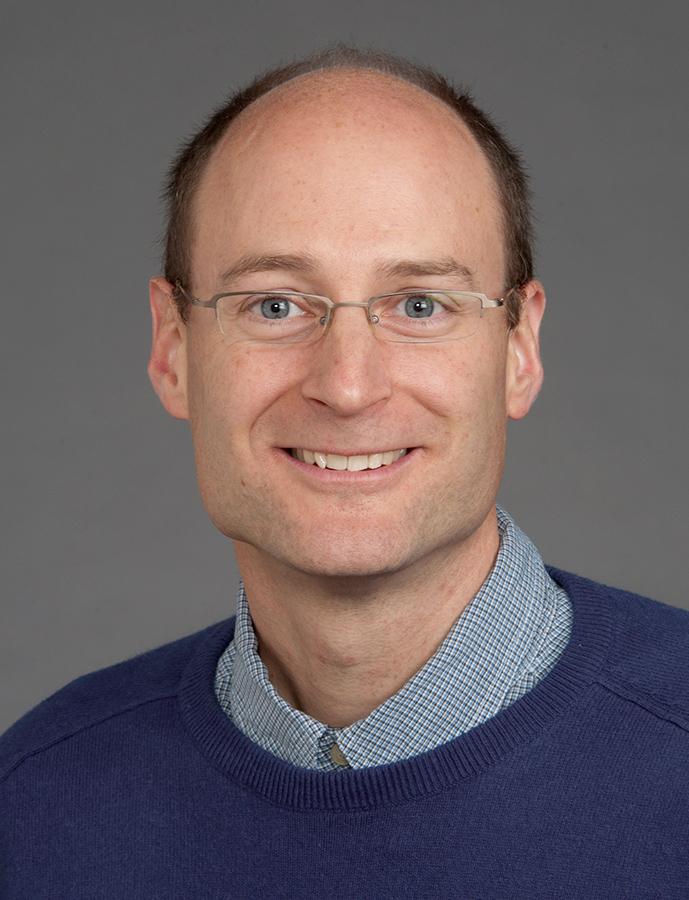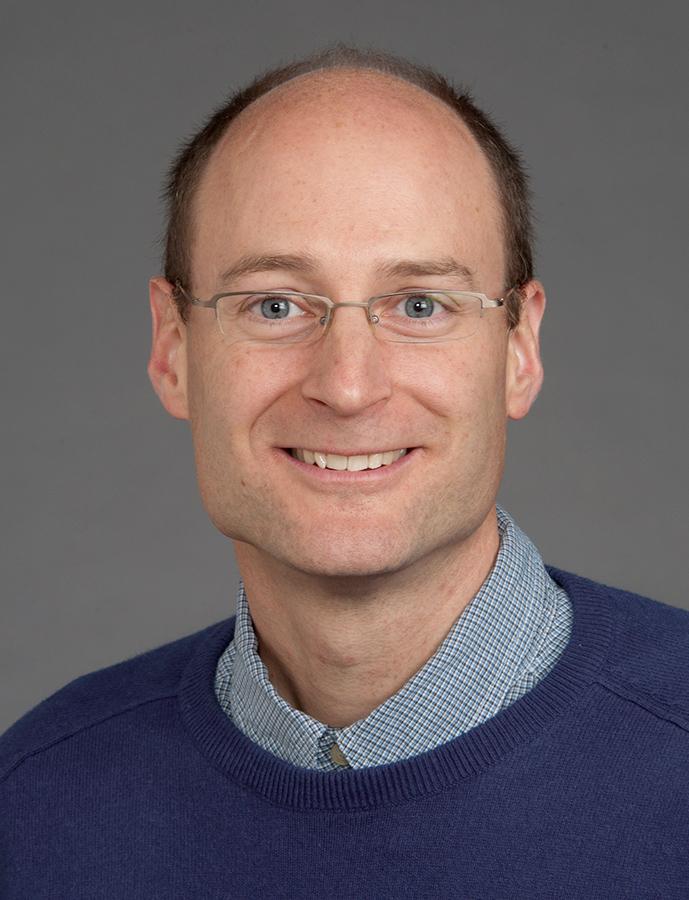
Credit: WFIRM
The Wake Forest Institute for Regenerative Medicine (WFIRM) has been selected by NASA to lead a multi-institutional project to better understand the health risks astronauts face from the exposure to galactic cosmic ray (GCR) and solar energetic particle (SEP) radiation that occurs from long-duration missions in deep space, and to develop countermeasures to keep astronauts safe.
The NASA grant totals $3.4 million over four years and will fund research to develop microfluidic biomarker detection platforms as a way to monitor how SEP and GCR radiation affects humans in space, focusing on the hematopoietic and gastrointestinal (GI) systems, as these are two of the most radio-sensitive tissues in the body. The hematopoietic system is made up of organs and tissues, primarily the bone marrow, spleen, tonsils, and lymph nodes, involved in the production of blood.
The research team from WFIRM, which is part of Wake Forest Baptist Medical Center, is led by primary investigator Christopher Porada, Ph.D, associate professor, and WFIRM colleagues Graça Almeida-Porada, M.D., Ph.D, and Steve Walker, Ph.D. The team also includes medical center members Timothy Pardee, M.D., from the hematology/oncology department, and Carl Langefeld, Ph.D., from the department of biostatistics.
This project also brings together the radiobiology and nanotechnology expertise of Drs. Paul Wilson and Matthew Coleman at the University of California, Davis Comprehensive Cancer Center, and the unique human "gut-on-a-chip" microfluidic model developed by Frederic Zenhausern, Ph.D, M.B.A., director of the Center for Applied NanoBioscience and Medicine and his team at the University of Arizona College of Medicine.
"In the coming years, NASA has planned missions to Mars and to near-Earth asteroids, yet the potential health risks to astronauts from exposure to the unique conditions present in deep space are still not well defined," said Porada. "This research will hopefully help us gain understanding of how to prevent or lessen these negative effects."
The team will use mice containing "humanized" hematopoietic systems and the novel human "gut-on-a-chip" model to perform some of the first studies defining the effects of mission-relevant doses of simulated space radiation on the human hematopoietic system and GI tract. They will also identify biomarkers for early detection of exposure and develop countermeasures that could readily be deployed during a space mission to prevent and/or mitigate any identified negative effects simulated space radiation exerts on these two tissues.
###
In 2016, NASA established the Translational Research Institute (TRI) to research and develop innovative approaches to reduce risks to humans on long-duration exploration missions. The Institute was awarded $246 million for six years, and is led by Baylor College of Medicine with partners including the Massachusetts Institute of Technology and the California Institute of Technology.
This grant is one of only three multi-Institutional Program Projects awarded by the NASA TRI for research projects to understand the impact conditions present during long-duration space travel can exert on human health.
Media Contact
Bonnie Davis
[email protected]
336-713-1597
@wakehealth
http://www.wfubmc.edu
Original Source
http://www.wakehealth.edu/Research/WFIRM/News/WFIRM-Scientists-Study-Space-Radiation-Health-Effects-to-Keep-Astronauts-Safe.htm





